An abandoned industrial building downtown the Bulgarian capital city, hidden behind artificially created hills, will soon receive new life thanks to an initiative of independent artists and the Sofia Municipality.
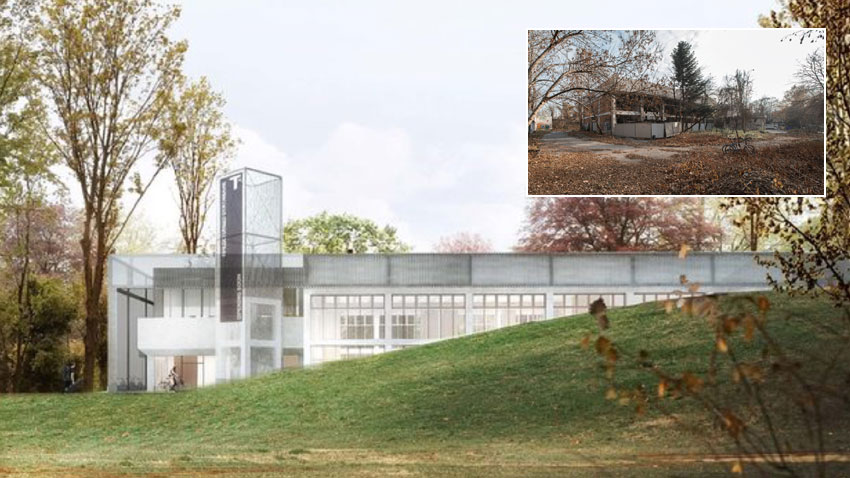
The former thermal power plant built for the National Palace of Culture, hidden between three hills near a river in the park behind the Earth and Man Museum, has long stopped operating. Wrecked remains with graffiti on them recall of memories of past life. A group of independent artists, however, have the task of turning the ruins into a stage for experimental performances in the spirit of contemporary art and have shared their idea with the municipality. An international competition with 61 participants and a project selection followed. Young architects Anton Kolev and Mariana Sarbova, who had previously worked in the city of Burgas became the winners.
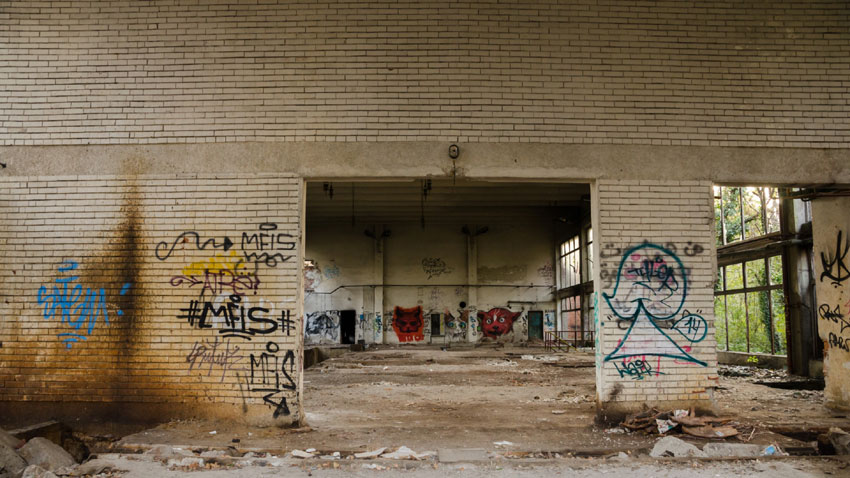
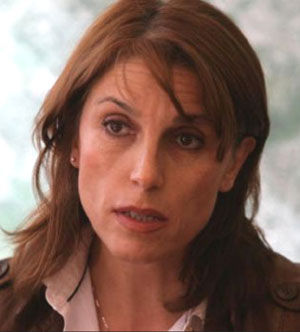 “The former NPC's thermal plant entered the focus of attention backin 2014 as it was proposed by the independent artists themselves,” Malina Edreva, chairman of the Education and Culture Committee in Sofia Municipality says. “For years, we have been looking for ways for abandoned municipal buildings that once had industrial purpose to become part of city life again thanks to cultural projects. That is how the idea of turning the heating plant into a center of contemporary art was born, Our city lacks such spaces in which free-stage artists could present their projects together with their foreign counterparts. Where they could also experiment like it is in Berlin and other European capital cities.”
“The former NPC's thermal plant entered the focus of attention backin 2014 as it was proposed by the independent artists themselves,” Malina Edreva, chairman of the Education and Culture Committee in Sofia Municipality says. “For years, we have been looking for ways for abandoned municipal buildings that once had industrial purpose to become part of city life again thanks to cultural projects. That is how the idea of turning the heating plant into a center of contemporary art was born, Our city lacks such spaces in which free-stage artists could present their projects together with their foreign counterparts. Where they could also experiment like it is in Berlin and other European capital cities.”
One of the ideas for the future center of modern arts was for it to blend harmoniously into its natural environment. Artists wanted not just another abstract building with vague purpose, but a place for aesthetic delight, entertainment and meetings, including ones taking place under the open sky.
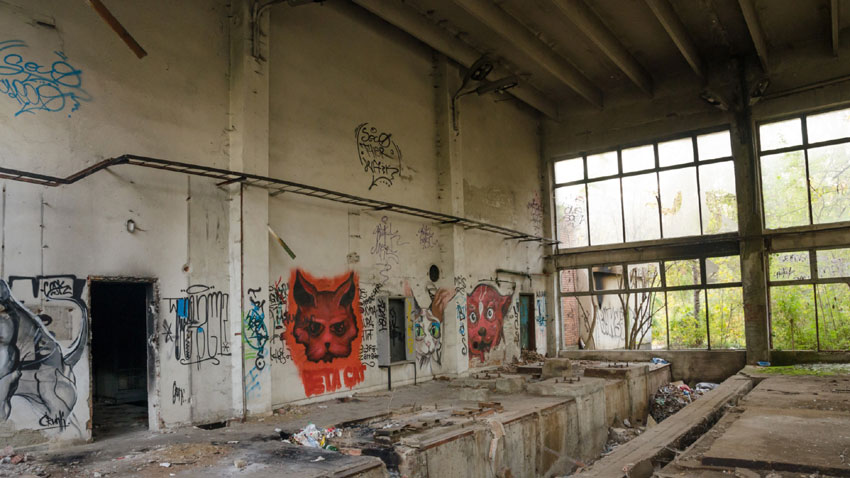
“This space, which is part of the Southern Park of the city, offers great opportunities for residents and guests to organize cultural events, as well as to relax and meet friends," Malina Edreva says. “Contemporary art centers are usually open to visual artists, while the former thermal power plant will be integrating various arts. That's why most spaces will be flexible and allowing transformation - for example, a large hall with 350 seats would be able to be converted from a theater stage into an exhibition area in an hour. In addition, there will be another hall for 150 people on the second floor, designed for stage arts, as well as small concert spaces, workshop spaces for children and a center for various gatherings.”
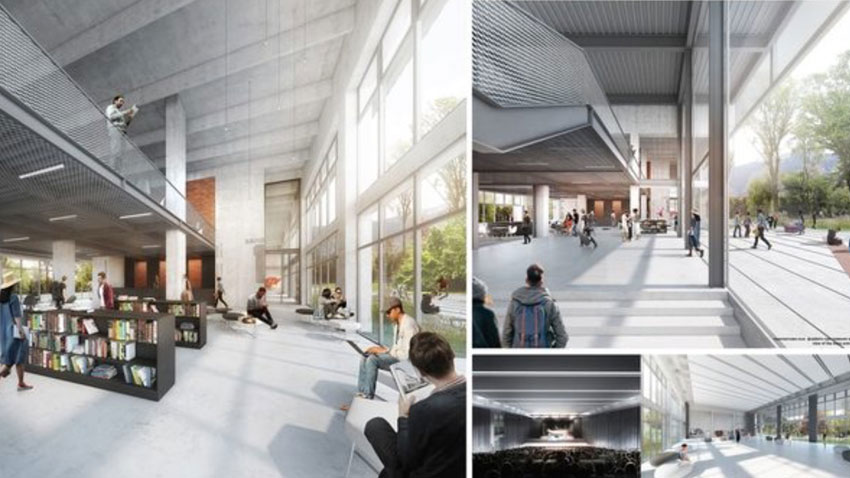
This year construction works should begin, and by the end of the next year the heat plant will be turned into a stage for many artists. In addition to being another opportunity for expression of free Bulgarian and foreign artists, the aim is the space to become a modern art center and a tourist destination of international significance.
This is not the only municipal building that will be having new functions in the future, but the truth is that after privatization, abandoned industrial halls in the capital city are few. Such a place is the underground floor of the former mausoleum, given to the Sofia City Art Gallery. The space will be used for exhibitions of contemporary art in urban environment, where different artists will present their installations. The so-called "Bronze House" that is currently there will be replaced by a new work, selected after a competition.
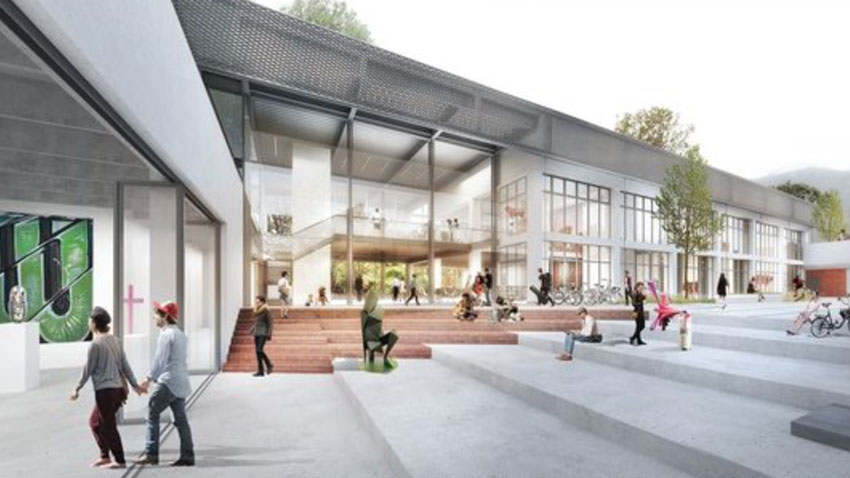
English: Alexander Markov
Photos: toplocentralata.comThe film "Gundi: Legend of Love" caused a sensation across the Ocean. Screenings of the film story about the life of legendary football player Georgi Asparuhov – Gundi were held in Los Angeles and Las Vegas as the halls were full...
On this day 35 years ago, the authoritarian regime of communist dictator Todor Zhivkov collapsed. To mark the anniversary, the BGNES news agency carried out a survey of monuments to totalitarianism. The agency checked whether the monuments of the..
Residents and guests of the village of Kolena, Stara Zagora Municipality, gather for the Young Wine Festival. The event was celebrated for the first time in 2017, and a few years later the local teacher and winemaker Martin Slavov gave the..

+359 2 9336 661
